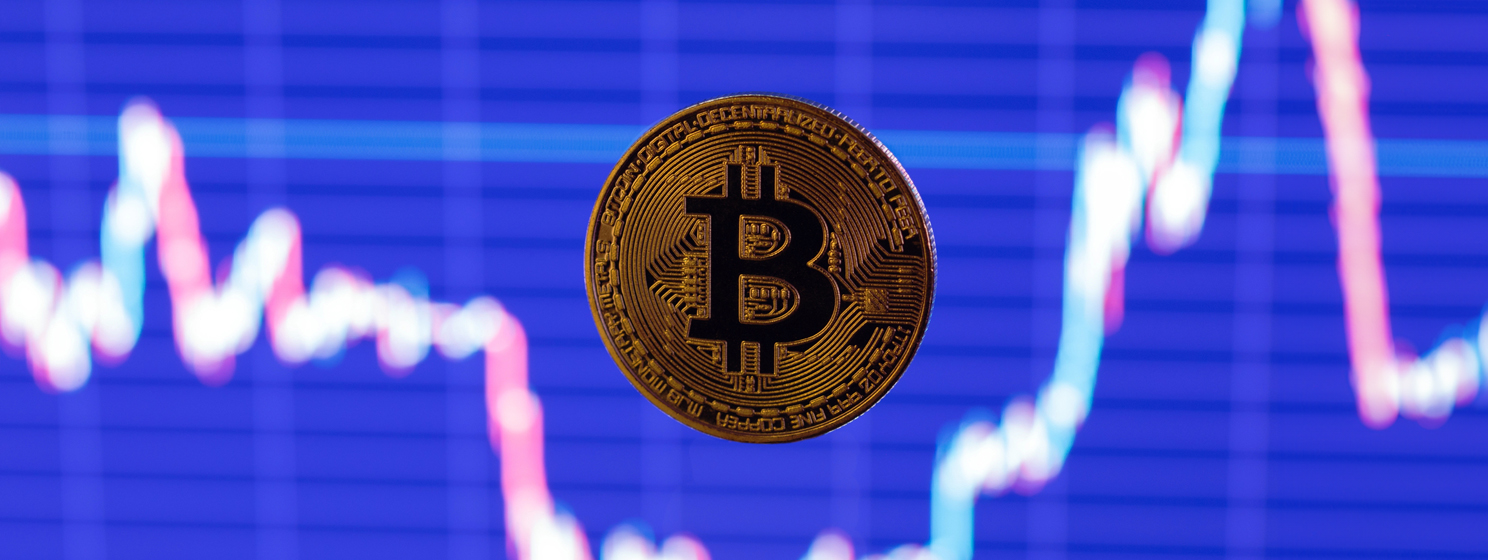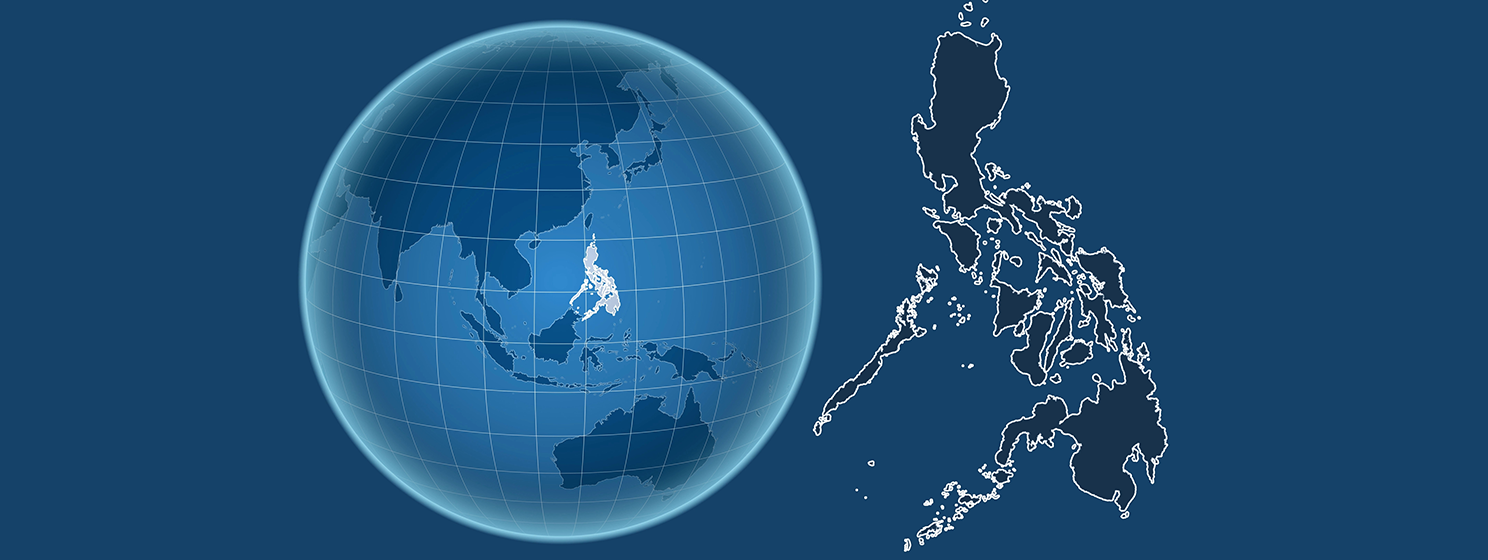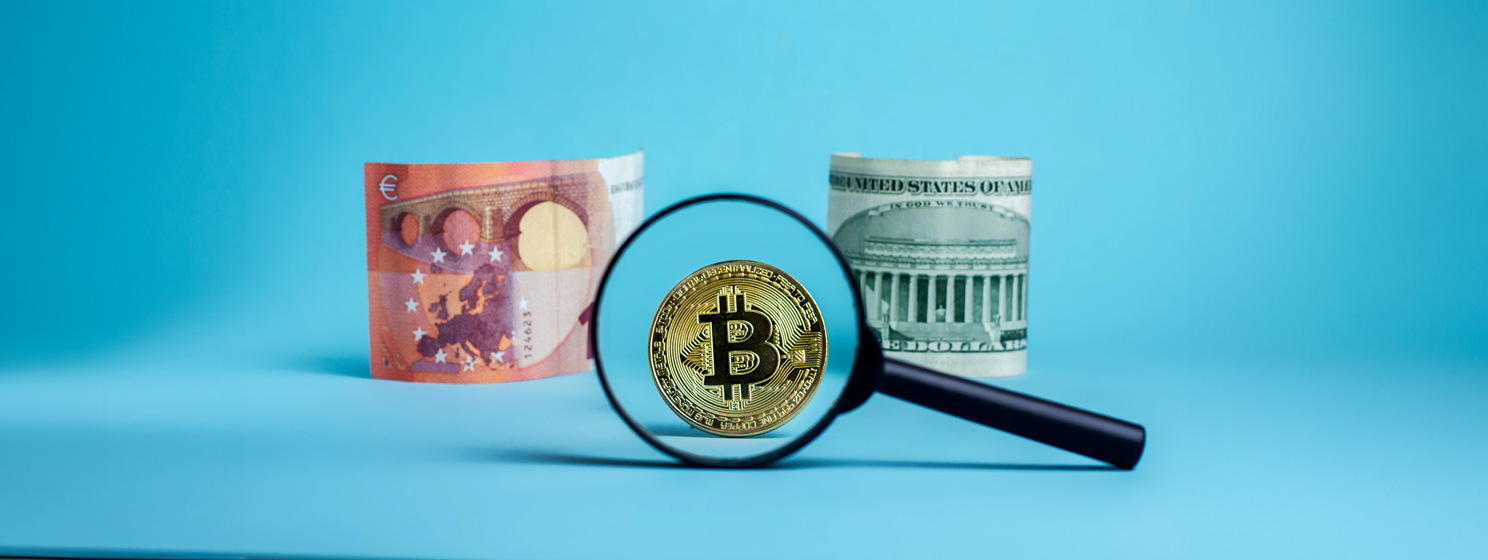|
Getting your Trinity Audio player ready...
|
Real World Asset (RWA) tokens are the next 50x trend in the digital assets industry, according to a recent report from Tren Finance.
RWA tokens represent a range of assets, including stablecoins, securities and treasuries, commodities, real estate and others.
The report’s respondents, which include some of the biggest financial institutions and business consulting firms, reached a median consensus of a market size of $10 trillion by 2030. That would represent an increase of more than 50 times the current market size.
More about RWA tokens and why they matter
At the beginning of 2024, BlackRock (NASDAQ: BLK) CEO Larry Fink saw BTC spot ETFs as “stepping stones” to widespread tokenization. As the year progressed, that view only gained momentum on Wall Street and elsewhere.
RWA tokenization is a specific kind that involves creating digital tokens on a blockchain to represent underlying real-world assets. For example, a token might represent a barrel of oil, a share in a company, or a dollar.
Once the tokens are minted, they can be stored in digital wallets and traded, moved, or transferred to any other party. This can increase liquidity, introduce new levels of transparency and efficiency, and make peer-to-peer transfer of such assets possible globally.
Since every transaction on a public blockchain is timestamped, RWA tokenization enables easier auditing of an asset’s history, making it easier to learn who owned or held it, for how long, and more. It could also help settle ownership disputes, although courts would still be needed to resolve such matters in some cases.
There are other benefits, too. RWA tokenization can also make traditionally illiquid assets like real estate or art liquid. Aside from the potential for fractional ownership, making these assets more easily tradable would make economies more efficient.
RWA tokens can also increase access, potentially leading to greater wealth equality and opportunities regardless of location. Imagine 1,000 tokens representing parts of a Picasso painting owned by investors in Canada, Brazil, Nigeria, Singapore, China, Australia and Fiji. This is possible with real-world asset tokenization.
These tokens aren’t limited to representing tangible assets like those mentioned so far. They can also constitute stocks, interest-bearing bonds, and other income-generating assets. Smart contracts can determine the paying of dividends and yield where necessary, simplifying what are usually intensely admin-heavy processes.
Opinion: one global chain is required
While real-world asset tokenization is taking off quickly, a single scalable blockchain capable of underpinning everything is required before it reaches its full potential.
Right now, financial firms like the ones surveyed by Tren Finance mostly use private blockchains they control. Having tokens on private chains is somewhat of an improvement over traditional databases, but for a truly interoperable, interconnected global financial system with universally tradable RWAs to be realized, one scalable utility blockchain will have to emerge to underpin it.
Currently, there’s only one proof-of-work (PoW) blockchain capable of processing the vast number of transactions required to run such a global system. The BSV blockchain recently surpassed one million transactions per second (TPS) in testing with fees of fractions of a cent, and it’s capable of even greater numbers. Even at this early stage, BSV can process all of Visa’s (NASDAQ: V) annual transactions in just over 59 hours.
If blockchains are akin to sets of records or financial books, introducing thousands of them offers only a slight improvement over the current way of doing things. Everything must run on one chain for a truly transparent, auditable, and immutable system to emerge. In that reality, scaling is the only thing that matters.
Watch: Tokens on Bitcoin? 1Sat Ordinals and sCrypt

 02-28-2026
02-28-2026 




